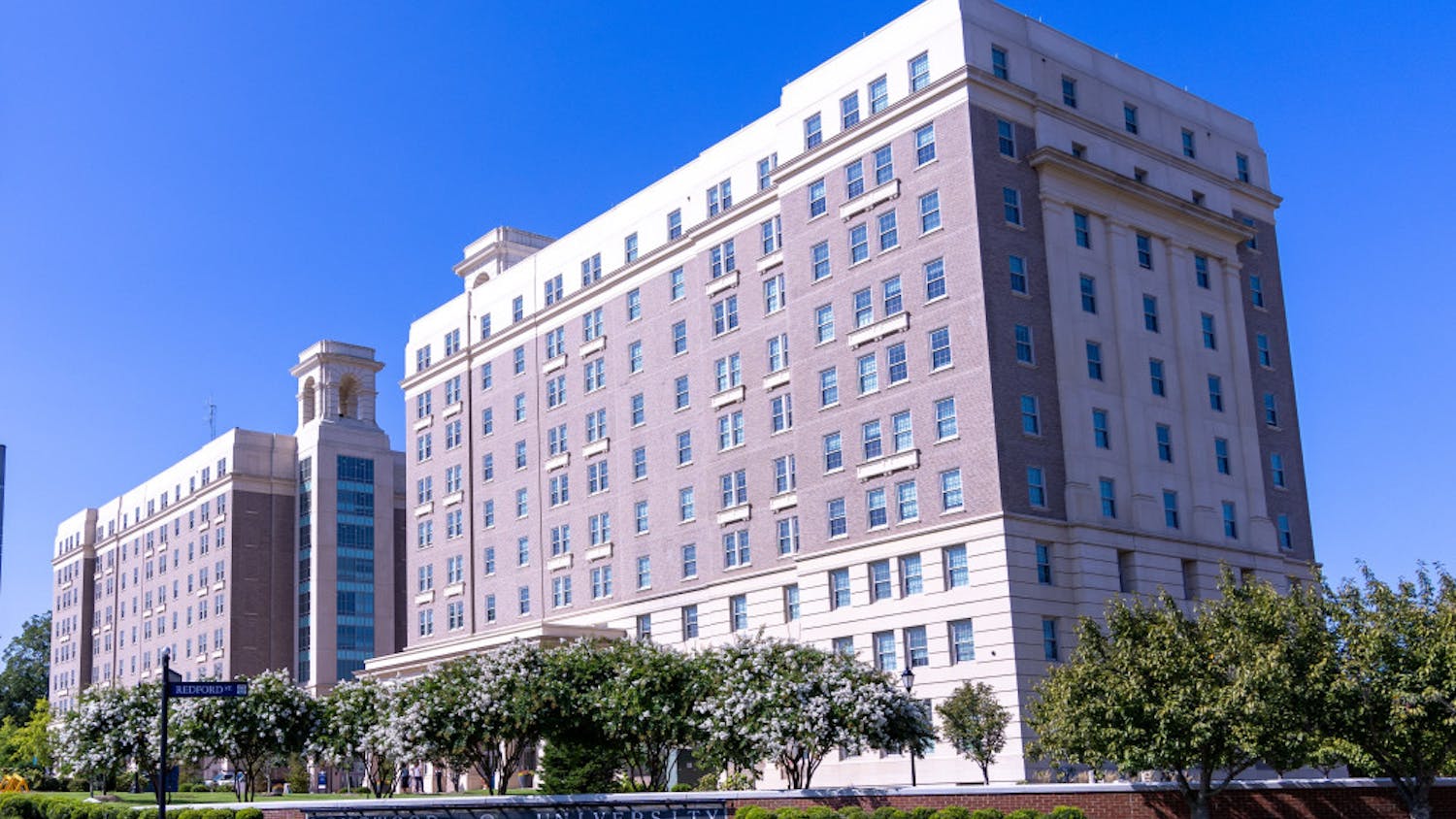When House Bill 1897 was first announced earlier this year by del. Kirk Cox, journalists across the commonwealth wrote stories about how it would vastly affect multiple universities’ athletics programs in the state.
The Rotunda quoted Longwood Director of Athletics Troy Austin earlier this semester commenting that the cap would be “detrimental” to the department.
The legislation aims to put a cap on the amount of athletics funding that stems from a pool of student fees.
Longwood athletics currently gains about 86 percent of its budget from student fees. But for schools like Longwood who are in the division one category without a football team, the cap is set at 78 percent.
According to the university’s Chief Financial Officer Ken Copeland, after deliberations with legislators resulting in the addition of new stipulations, Longwood falls way below the cap line.
Debt service, auxiliary funds and spirit groups were all pulled out of the conversation, putting Longwood at 68 percent of fees collected from students tallied in ordinance with the legislation.
The athletics department’s budget will still take in an unchanged amount of student fees, but a lesser amount of them will be counted with the bill.
“The argument schools had against this portion of the legislation was ‘okay General assembly, and specifically House of Delegates and House of Appropriations we hear you,” Copeland said. “But you already approved debt service on a bunch of our athletics facilities and you can’t hold us responsible for something you already approved’…so debt service got pulled out of the conversation.”
Copeland said when Longwood began to strive towards a division one program and conference affiliation in 2004-2005, officials knew they had to invest in facilities.
“We have borrowed money to do that,” said Copeland. “That debt service was approved by the legislature in times past.”
He continued, “Then the Commonwealth of Virginia allows indirect cost recovery and you can’t hold us accountable for the percentage that the state council for higher education says we can pull from auxiliary back onto the education in general side of the house…so that got exempted.”
Spirit groups, which include cheerleaders, pep bands and dance teams, will bring down Longwood’s percentage as well. The bill also has a delayed start date of July 1, 2016, so schools will have extra time to make adjustments.
He said though that there is some “play room,” the university still needs to be careful. “As we get closer to the 78 percent cap, as we spend more, we have to try to fund those expenditures out of a non-student fund.”


The main problem with the bill, according to Copeland, is that all schools across the commonwealth were “painted with the same paint brush.”
“You have two big time schools, Tech and UVA. Then you have William and Mary, VMI and ODU are playing the championship subdivision. You have schools that don’t play football at all,” he said, putting them in categories.
Copeland said that Longwood technically has the ability to raise fees with the stipulations, he doesn’t see that happening.
“I don’t have any reason to expect a jump,” he said. “There are some things we need to do to comply with the Big South Conference, but I don’t see that being close to 10 percent.”
Copeland said he thinks people across the state have gained more comfort with the bill as time has passed.
“We’re okay,” he said. “But what we’ve got to pay specific attention to is growth. Thankfully the arguments that were made were heard. With the three amendments, a lot of people got more comfortable with the legislation.”









